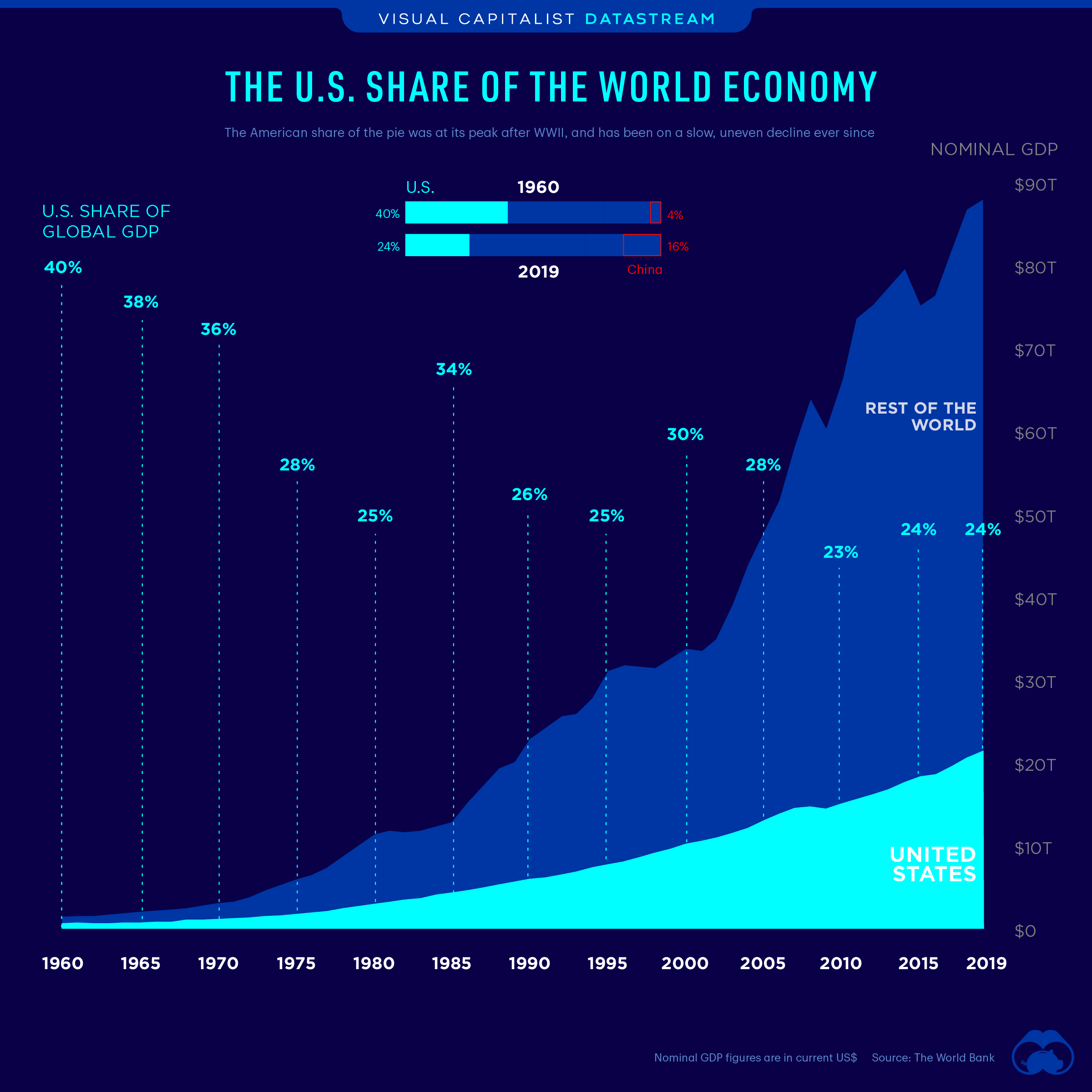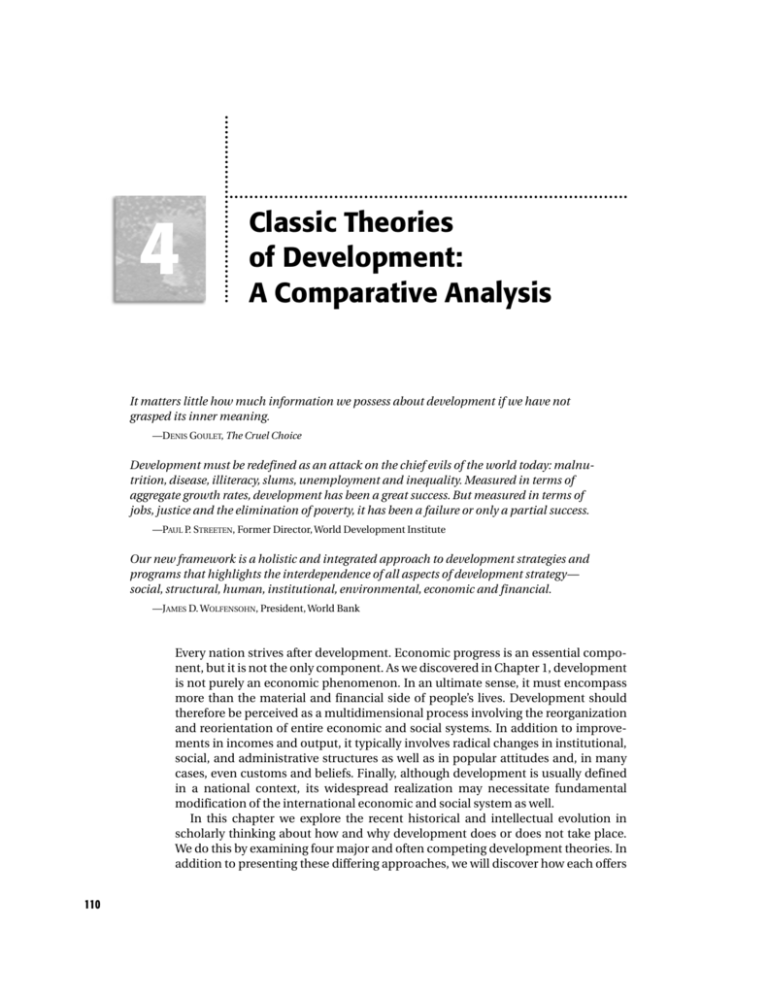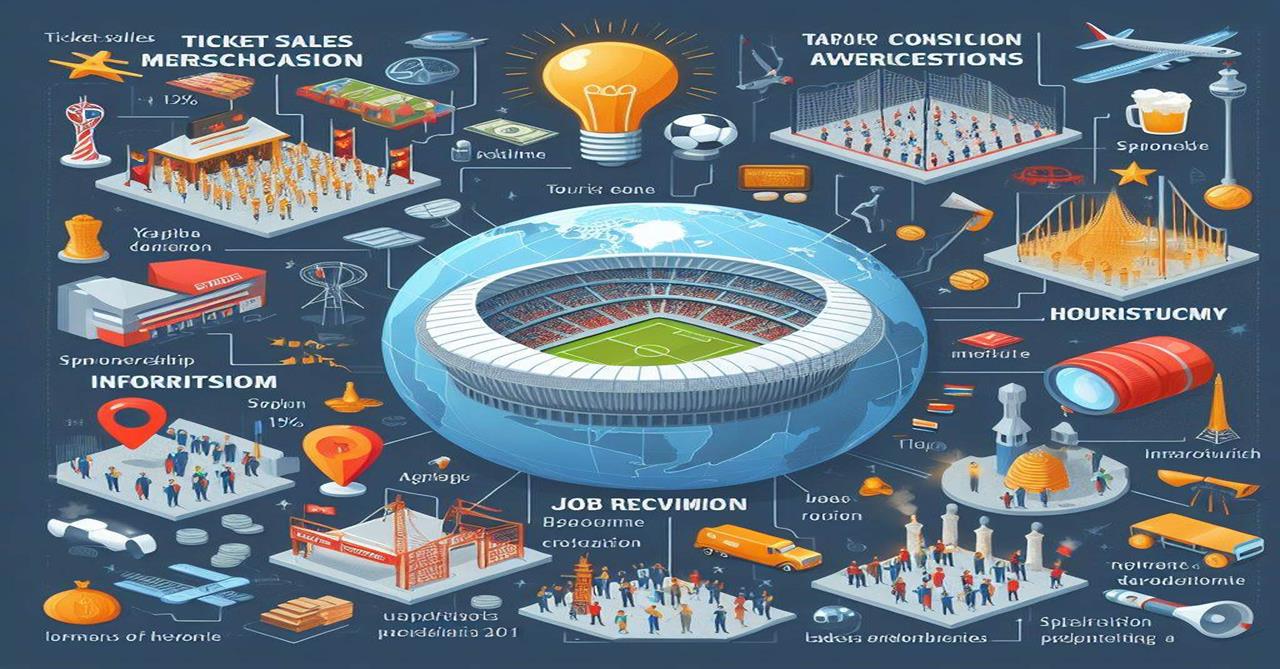
The Sharing Economy Unveiled: How Collaborative Consumption is Reshaping the Global Economic Landscape (Easy Guide)
Remember a time when needing a ride meant hailing a taxi, and finding a place to stay on vacation meant booking a hotel? Those days are rapidly changing, thanks to a powerful force sweeping across the globe: The Sharing Economy. It’s more than just a trend; it’s a fundamental shift in how we access goods, services, and even assets, leaving an undeniable and ever-growing Global Economic Footprint.
If you’ve ever rented a spare room on Airbnb, caught a ride with Uber, or hired a freelancer on Upwork, you’ve already participated in this exciting new economic model. But what exactly is it, and how is it impacting the world’s finances, jobs, and even our daily lives? Let’s dive in and unpack this fascinating phenomenon in simple terms.
What Exactly Is The Sharing Economy?
At its core, the Sharing Economy, also known as "collaborative consumption" or the "gig economy," is about people sharing or renting out underutilized assets or skills directly to others, often through digital platforms. Think of it as a modernized version of borrowing a cup of sugar from your neighbor, but on a global scale and facilitated by technology.
Key Characteristics:
- Peer-to-Peer (P2P): It connects individuals directly, bypassing traditional intermediaries (like hotels or taxi companies).
- Asset Utilization: It allows people to make money from things they already own but aren’t always using – a spare room, a car, even a drill!
- Skill Sharing: It enables individuals to offer their skills (writing, coding, design, handyman services) on a flexible basis.
- Technology-Driven: Apps, websites, and online platforms are the crucial matchmakers, building trust through reviews, ratings, and secure payment systems.
- Flexibility & Accessibility: It offers users unprecedented flexibility in how they work and how they access services.
Common Examples You Might Know:
- Transportation: Uber, Lyft, Didi (ride-sharing)
- Accommodation: Airbnb, Vrbo (short-term rentals)
- Task-Based Services: TaskRabbit, Airtasker (connecting people who need tasks done with those who can do them)
- Freelancing/Professional Services: Upwork, Fiverr (connecting businesses with freelancers for various projects)
- Goods/Luxury Items: Turo (car sharing), Rent the Runway (designer clothes rental), Poshmark (resale of fashion items)
The Mammoth Economic Footprint: By the Numbers (and Beyond)
The Sharing Economy isn’t just a niche market; it’s a multi-billion dollar industry that’s projected to grow into trillions. Its economic impact spans across various sectors, creating new opportunities while also disrupting established ones.
1. Market Size & Revenue Generation
The numbers are staggering. Global reports estimate the sharing economy market size to be hundreds of billions of dollars, with projections suggesting it could reach over $1.5 trillion by 2024 or even higher in the coming years. This growth is fueled by increasing user adoption, technological advancements, and a global shift towards flexible consumption.
- Direct Revenue: This includes the fees charged by platforms (e.g., a percentage of a ride fare or rental booking).
- Indirect Revenue: This is the money earned by the individuals providing the services (e.g., the Uber driver’s earnings, the Airbnb host’s income).
2. Job Creation & Income Generation
One of the most significant impacts of the sharing economy is its role in creating flexible work opportunities and supplementary income streams for millions worldwide.
- New Work Opportunities: For many, sharing economy platforms offer a low barrier to entry for earning money, without the need for traditional qualifications or fixed hours.
- Flexibility: Individuals can set their own schedules, working when and where it suits them, which is particularly attractive for students, parents, or those seeking part-time work.
- Supplementary Income: A large percentage of participants use these platforms to supplement their primary income, pay off debts, or save for specific goals.
- Entrepreneurship: It empowers individuals to become micro-entrepreneurs, turning their personal assets or skills into a source of income.
3. Consumer Benefits & Accessibility
For consumers, the sharing economy often translates into more choices, greater convenience, and potentially lower costs.
- Cost-Effectiveness: Often, renting an asset (like a car for a few hours) or using a shared service can be cheaper than owning it outright or using traditional alternatives.
- Convenience: Services are available at the touch of a button, often 24/7, making life easier and more efficient.
- Increased Accessibility: It provides access to goods and services that might otherwise be unavailable or too expensive (e.g., luxury items, unique travel experiences).
- Variety and Customization: Consumers have a wider array of options, from budget-friendly choices to unique, personalized experiences.
4. Innovation & Disruption of Traditional Industries
The sharing economy has been a powerful force for innovation, pushing boundaries and forcing traditional industries to adapt or risk being left behind.
- New Business Models: It has pioneered asset-light business models, where companies don’t own the assets they offer (e.g., Uber doesn’t own cars, Airbnb doesn’t own properties).
- Increased Competition: The rise of ride-sharing has challenged traditional taxi companies, and short-term rentals have impacted the hotel industry. This competition often leads to better service and more competitive pricing across the board.
- Efficiency Gains: By better utilizing existing resources, the sharing economy promotes efficiency and reduces waste.
5. Resource Utilization & Sustainability
By encouraging the sharing and reuse of assets, the sharing economy can contribute to more sustainable practices.
- Reduced Waste: Instead of everyone owning a rarely used item (like a power drill or a lawnmower), one item can be shared among many, reducing overall consumption and waste.
- Lower Carbon Footprint: Ride-sharing can reduce the number of cars on the road, leading to less traffic congestion and lower emissions. Similarly, sharing accommodation can be more energy-efficient than building new hotels.
- Prolonged Product Lifespan: When items are shared, their lifespan can be extended, reducing the demand for new production.
6. Local Economic Impact
While often discussed on a global scale, the sharing economy also has significant impacts at the local level.
- Tourism Boost: Airbnb, for example, can draw tourists to areas that don’t have traditional hotels, supporting local businesses like restaurants and shops.
- Local Services: Platforms like TaskRabbit connect local residents with local service providers, keeping money circulating within the community.
- Diversified Income: It provides local residents with new ways to earn income from their existing assets or skills, strengthening local economies.
Challenges and the Road Ahead
While the sharing economy offers immense benefits, it’s not without its challenges. These are important aspects of its global economic footprint.
- Regulation: Governments worldwide are grappling with how to regulate these new models. Should an Uber driver be considered an employee or an independent contractor? How should short-term rentals be taxed? The lack of consistent regulation creates uncertainty.
- Worker Rights & Protections: The "gig worker" debate is a major one. While flexibility is a draw, concerns exist about lack of benefits (health insurance, paid leave), minimum wage guarantees, and job security for those working primarily on these platforms.
- Trust & Safety: While platforms use ratings and reviews, ensuring safety and building trust between strangers remains an ongoing challenge and a key area for development.
- Market Saturation & Competition: As more people join, markets can become saturated, potentially driving down earnings for individual providers. Competition among platforms also intensifies.
- Impact on Traditional Industries: While innovation is good, the rapid disruption can lead to job losses in traditional sectors and strain existing infrastructure.
Conclusion: A Transformative Force Here to Stay
The Sharing Economy is far more than a fleeting trend; it’s a powerful, transformative force that is fundamentally reshaping the global economic landscape. From creating flexible income opportunities and offering consumers unprecedented convenience to driving innovation and promoting resource efficiency, its footprint is undeniable and continues to grow.
While challenges around regulation and worker rights persist, the underlying principles of sharing, collaboration, and efficient asset utilization are likely to become even more ingrained in our economic future. As technology advances and societal needs evolve, the sharing economy will undoubtedly continue to adapt, innovate, and expand its reach, leaving an ever-deeper imprint on how we live, work, and consume around the world.
Whether you’re a participant, a consumer, or simply an observer, understanding the sharing economy’s profound global economic footprint is crucial for navigating the evolving world we live in.




Post Comment